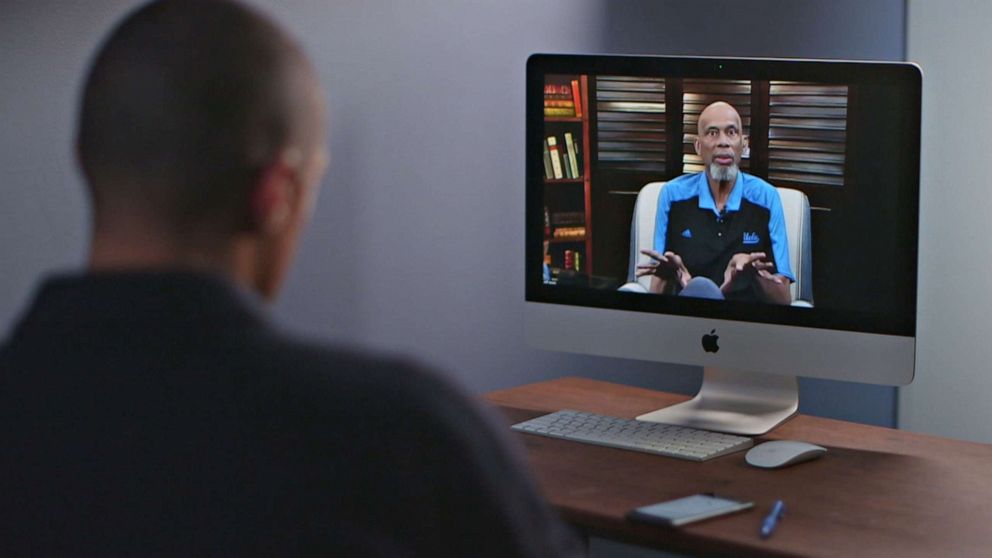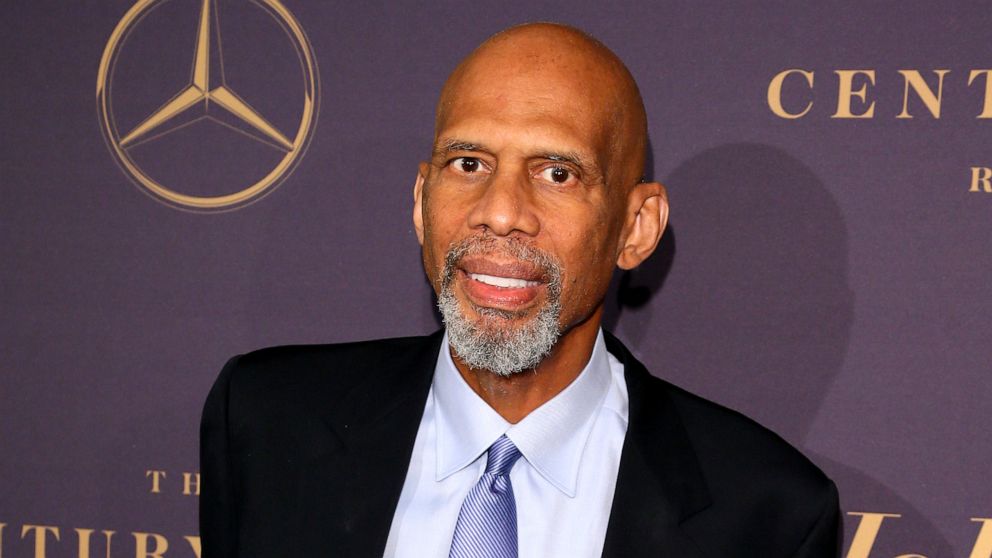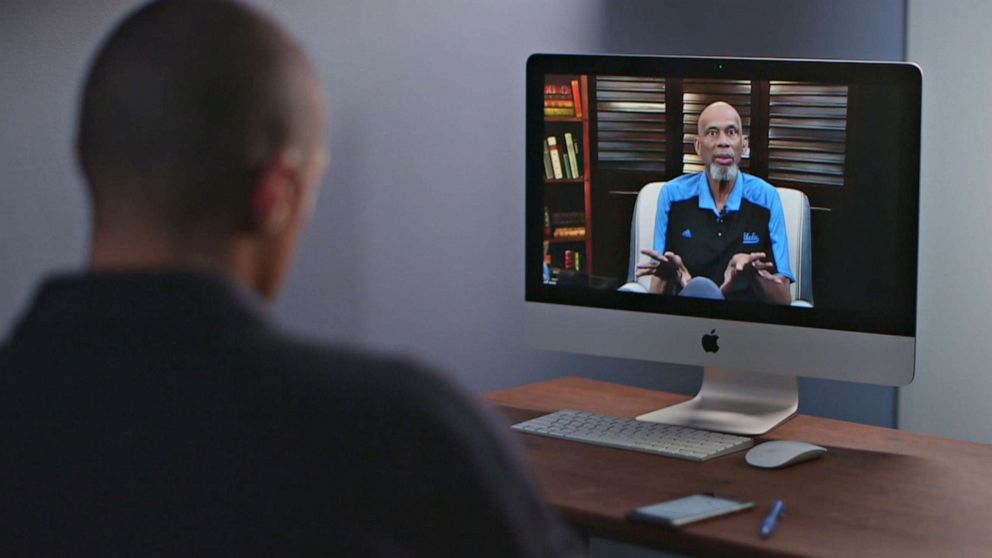By Angeline Jane Bernabe & Mya Green
For the first time, basketball legend Kareem Abdul-Jabbar is opening up about his private battle with prostate cancer since being diagnosed 11 years ago.
In an essay Abdul-Jabbar wrote for WebMD, the NBA’s all-time leading scorer revealed how he’s had prostate cancer, leukemia and heart bypass surgery to shed light on the health challenges facing Black people.
Abdul-Jabbar wrote that while he’s received some of the best medical attention over the years as an NBA star, he’s aware of how others in the Black community do not.
“While I’m grateful for my advantages, I’m acutely aware that many others in the Black community do not have the same options and that is my responsibility to join with those fighting to change that,†he wrote. “Because Black lives are at risk. Serious risk.â€
“We’re at a crossroads here,†Abdul-Jabbar told “Good Morning America†in an interview about his op-ed. “People are either going to take health care seriously and promote it and support it, or people will be struggling, and we want to end the struggling. We want people to be well.â€

In his essay, Abdul-Jabbar pointed out that some of the health issues Black people are prone to as a group include diabetes, heart problems, obesity and cancer.
African Americans have the highest mortality rate of any racial group for all cancers combined, and have higher rates of diabetes, hypertension and heart disease than other groups, according to the U.S. Department of Health and Human Services Office of Minority Health. The trend continues with COVID-19, which Abdul-Jabbar highlighted in his essay.MORE: Abdominal fat may put men at greater risk for prostate cancer
“The COVID-19 pandemic has highlighted just how malignant the system is,†Abdul-Jabbar wrote. “The virus has hit the African American community at a much higher and more devastating rate than it has the white community. At the same time, they receive a lower standard of care.â€
In addition, Abdul-Jabbar pointed out how more Black people are dying from COVID-19 at higher rates because they are essential workers.

According to several states’ analysis of data, the coronavirus pandemic has hit Black and Latino communities across the U.S. hard, killing people of color at a disproportionate rate compared to white Americans.
And based on an analysis released by the Economic Policy Institute, people of color (Black, Latino, Asian American and other non-whites) account for 43% of all essential workers in the nation amid the coronavirus pandemic.
Because of this, “the risk of infection may be greater for workers in essential industries who continue to work outside the home despite outbreaks in their communities, including some people who may need to continue working in these jobs because of their economic circumstances,†according to the Centers for Disease Control and Prevention in a post, “COVID-19 in Racial and Ethnic Minority Groups.â€MORE: English actor Stephen Fry reveals aggressive prostate cancer diagnosis
“The fact that people of color have more face-to-face jobs with people, they are more likely to be involved in healthcare,†said Abdul-Jabbar. “And they have to use public transportation, just those factors by themselves will make the people of color more susceptible, more vulnerable to a pandemic.â€
Catherine Thorbecke contributed to this report.

